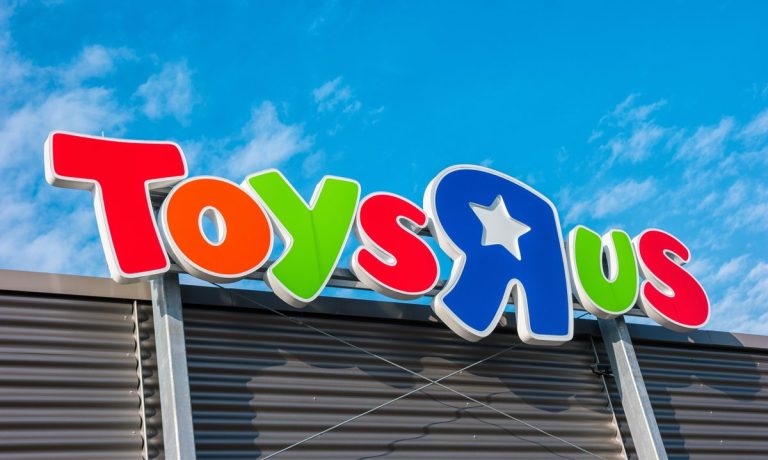Toys R Us AI Commercial Signals Shift in Retail Marketing

Toys R Us has unveiled what it claims is the first-ever brand film using OpenAI’s new text-to-video tool, Sora.
However, creatives are criticizing the move, saying it could be a sign that artificial intelligence (AI) is encroaching on their territory.
The short film, “The Origin of Toys R Us,” uses AI-generated video clips to tell the story of company founder Charles Lazarus. Toys R Us said on its website that it was “thrilled to partner with Native Foreign to push the boundaries of Sora, a groundbreaking new technology from OpenAI that’s gaining global attention.”
Kim Miller Olko, Toys R Us Studios president and executive producer of the film, explained the motivation behind the project in a Monday (June 24) news release announcing the film: “Charles Lazarus was a visionary ahead of his time, and we wanted to honor his legacy with a spot using the most cutting-edge technology available.”
This marketing approach could potentially revolutionize how retailers create and distribute promotional content, especially in the eCommerce space. The ability to generate high-quality video content quickly and at potentially lower costs could level the playing field for smaller online retailers competing against larger, established brands.
Balancing AI Efficiency With Creative Quality
However, the commercial’s release has ignited a heated debate within the creative industry, raising questions about the future of content creation in eCommerce. Critics point out the visible hallmarks of AI-generated imagery, such as unnatural movement and strange visual artifacts. Filmmaker Joe Russo bluntly expressed his disappointment in a post on X (formerly Twitter).
TOYS ‘R US released an AI commercial and it fucking sucks. pic.twitter.com/K1JcGhHKeA
— Joe Russo (@joerussotweets) June 25, 2024
The controversy extends beyond aesthetic concerns to the nature of creative work in the digital age.
Comedy writer Mike Drucker encapsulated several criticisms in a single post on X, writing, “Love this commercial is like, ‘Toys R Us started with the dream of a little boy who wanted to share his imagination with the world. And to show how we fired our artists and dried Lake Superior using a server farm to generate what that would look like in Stephen King’s nightmares.’”
Love this commercial is like, “Toys R Us started with the dream of a little boy who wanted to share his imagination with the world. And to show how, we fired our artists and dried Lake Superior using a server farm to generate what that would look like in Stephen King’s nightmares https://t.co/RBPoH0ax5o
— Mike Drucker (@MikeDrucker) June 26, 2024
Despite the backlash, it’s important to note that the commercial’s creation still involved human input. Toys R Us said in its press release: “The brand film was almost entirely created with Sora, with some corrective VFX and an original music score composed by Aaron Marsh of famed indie rock band Copeland.”
This revelation aligns with recent insights into creating other Sora-generated videos, suggesting that while AI can significantly streamline the content creation, human expertise remains crucial in producing polished, market-ready content.
As generative AI tools like Sora continue to evolve, the eCommerce and digital marketing industries face a pivotal moment. The Toys R Us commercial serves as a case study of the potential and limitations of AI in content creation, raising essential questions about how online retailers will balance the efficiency of AI-generated content with the need for creative quality that resonates with consumers.
While AI-generated content promises cost savings and novel creative possibilities for eCommerce businesses, the mixed reception to this effort suggests that the technology still has a way to go before it can fully replicate or replace human creativity in marketing.
As the debate continues, it’s clear that the intersection of AI and creativity will remain a hotly contested and closely watched space in the world of online retail and digital advertising.